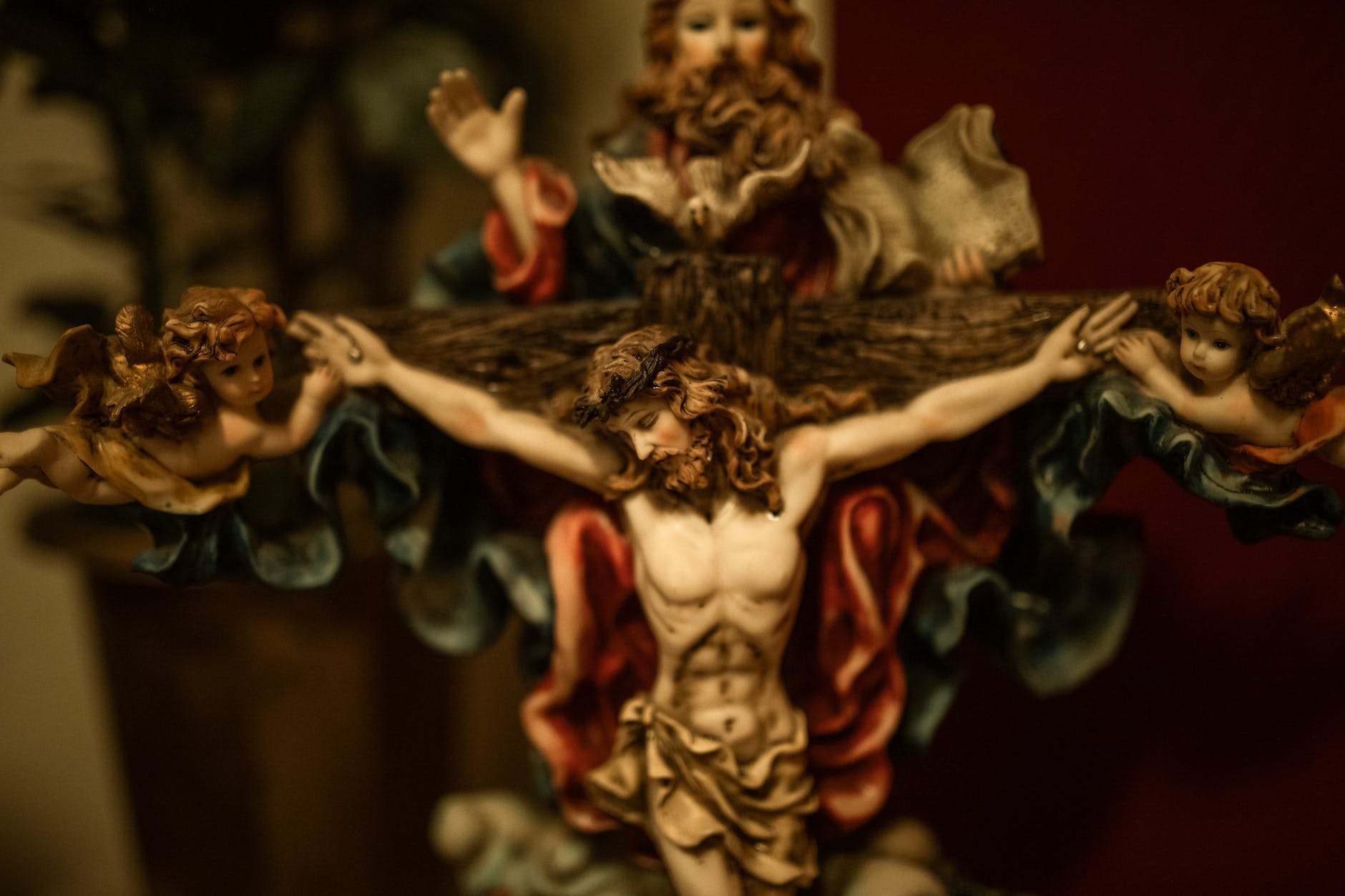I was watching an interview with Yuval Harari, the author of Sapiens, recently. When asked about the historical veracity of Christianity and, indeed, all religions, Harari described them as fictions. He is, primarily, a historian, and I myself studied Ancient History for some 5 years. The historical evidence for Christianity and Judaism does not stack up. I liked the way that he calls these collective beliefs ‘fictions’, rather than lies. Although, I well understand those among us who get het up about organised religions and the damage they have done over millennia. Humanity and our predilection for fictions.

We All Love A Good Story
We all love a good story and, indeed, this is how we learn. Dry facts and figures alone will not stick in our brains. We, invariably, must weave these into narratives. Every religion has a foundational story at its heart. Gods are our final answer for everything. Ultimately, we like to handball off responsibility to a divinity. Religions are not, by any means, our only shared fictions. The concept of money is a fiction; and a religion for many. Most people do not know where money comes from and who creates money within our sovereign economies. Yet, money plays such a large part in our lives from the cradle to the grave.

God & Money Are Fictions
Banks don’t lend money, rather they create it every time someone provides collateral as a promissory note in return for this bank money. Yes, the banks charge interest on this money, as well as listing it in their asset column. When we pay back that money to the bank, that money, those figures on a screen are wiped off and only the interest earned by the bank remains. Money is a concept, an agreement between parties, and in this regard it is a fiction. We need the fiction of money, that we all agree on, so as to pass the parcel around within our economies. Buying and selling, paying taxes and fines, would all be more difficult without the concept of money. Money, however, is not linked to a gold standard, as it once was long ago. Therefore, it has no actual tangible reality beyond its shared agreement between us and our government and central bank.

Similarly, for those who believe in an all powerful deity. There is no tangible evidence for the existence of such a figure. Christianity, for example, was a story which emerged around two millennia ago in what we now call the Middle East. This fiction was picked up by the Roman Empire in the 4C by several leading identities. It was a seemingly unlikely occurrence and some have pointed to this as proof of its divine source. However, circumstantial evidence is never considered as incontrovertible proof for things. Stories, memes, and collective trends are constantly making their way around the world and time is not something short-lived human beings can ever quite get their head’s around. In all of recorded history there has never been any incontrovertible proof of the existence of God – despite this billions of people still believe in some deity or another. Human beings have a predilection for fictions.

“The burning question raised by Harari’s observation regarding humans’ imagined realities is that, if much of what human societies have taken to be Truths are no more than imagined realities or fictions battling with other imagined realities and fictions in the arena of public opinion and politics (think Islam vs. secular humanism, Catholics vs. feminists, neoliberals vs. progressives, capitalism vs. democratic socialism, Bitcoin vs. national currencies), by what imagined reality or fictional measure can or should we judge and choose among competing fictions.”
Robert Sudha Hamilton is the author of House Therapy: Discover More Of Yourself At Home
©HouseTherapy

